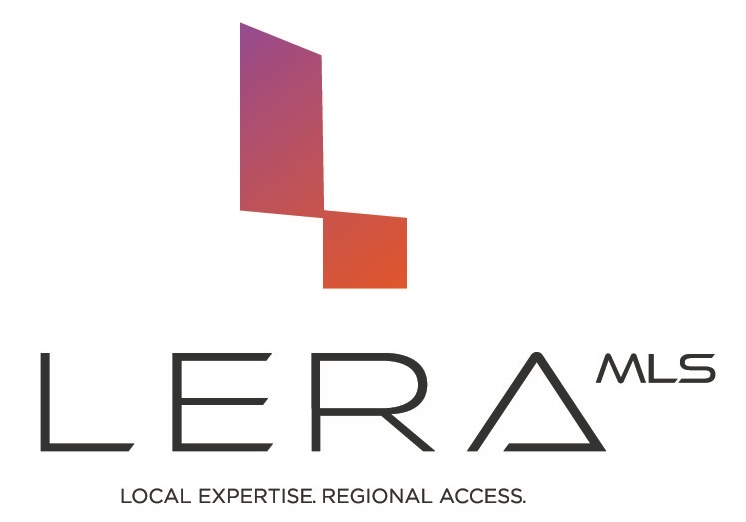Cases go to arbitration for one of two reasons. Mandatory; Arbitration is required by law for some court cases. State law requires that some cases filed in state courts go to mandatory arbitration. Voluntary; Parties may agree to arbitration before or after filing a court case, or may have a contract that requires them to arbitrate disputes.
In mandatory arbitration, an arbitrator can be either a lawyer or a non-lawyer. The parties get to choose the arbitrator. However, if they cannot agree, the court selects an arbitrator. Arbitrators are required to take an oath and follow the same ethical rules as a judge. In mandatory arbitration, one arbitrator will hear a case alone. In voluntary arbitration, the parties may choose whether there will be a single arbitrator or a panel of arbitrators. Typically, arbitration panels include 3 arbitrators, although there may be more or less depending on the agreement between the parties.
Two kinds of cases go into arbitration under state law; - Some civil actions involving claims for damages or money. - Some family law matters.
After all of the parties have appeared, the court orders a case into arbitration and provides the parties a list of arbitrators. All of the arbitrators on the court’s list are lawyers who are in good standing with the Oregon State Bar and who have been admitted to practice for at least 5 years. The parties can either select an arbitrator from the list, or choose someone else that both sides trust to make fair decisions. If the parties cannot agree on an arbitrator, the court will choose one for them. An arbitrator has to be named by either the parties or the court within 21 days after the case is ordered into arbitration.
The cost of arbitration is different in each county. Each side typically pays half the arbitration fee, which is usually $50 to $125 per hour for the arbitrator's time. Usually, the parties must send a deposit to the arbitrator when the arbitrator is selected, and must pay the whole fee before the hearing. Most courts limit the total amount of the arbitrator's fee to $500 or less, unless the case is so complicated or time-consuming that the arbitrator should receive more. Usually, the party who loses the case must repay the other side’s fees and costs, including their share of the arbitration fee. Each side must pay its own lawyer fees. In certain cases, the arbitrator may order the loser to pay the winner’s lawyer fees. Arbitrators can also order that a party pay additional costs and fees in certain circumstances. If a party is unable to afford the cost of an arbitrator, a judge may waive some or all of the arbitrator's fee, in which case the state pays that amount. The judge also may defer the fees until the winner has been determined, and then the losing party pays the fees.
After an arbitrator is chosen, he or she will make procedural decisions. If the parties do not agree what evidence can be submitted, or other procedural questions, the arbitrator will decide those issues. The arbitrator will tell the parties when documents are due and when hearings will be held. If one side asks for arbitration to be delayed to have more time to get ready, the arbitrator will decide whether the delay is fair to both sides. In mandatory court arbitration, the case will usually have a hearing within 7 weeks after the arbitrator is chosen. An arbitrator should issue a decision within 20 days after the hearing is finished. In voluntary arbitration, a contract or other agreement of the parties may set the timelines. Before the hearing, each party must give the arbitrator and the other side a list of witnesses who will testify at the arbitration hearing and a description of any evidence the party will present. Each party must also give the other side contact information for all witnesses and documents and let the other side see and copy any documents they plan to use as evidence before the hearing. Arbitration hearings are not usually recorded by a court reporter or on a tape. If one party wants a recording of the arbitration, they will have to pay for it. Witnesses. At the hearing, witnesses are sworn in, just like in court. Then, the parties or their lawyers can ask questions and introduce evidence. The arbitrator may ask the witnesses questions. Sometimes the arbitrator will accept written statements from witnesses instead of having those people appear in person at the arbitration.Other evidence The arbitrator may accept other evidence from the parties or their lawyers. If the arbitrator thinks something important is missing, he or she may schedule another hearing or ask the parties or their lawyers to submit other evidence after the hearing. Talking to the arbitrator. Like a judge, the arbitrator cannot talk to one side about the case without the other side there. There are some exceptions, like if the other side agrees that it is okay for the arbitrator to talk to you, or if the other side does not show up to a hearing. No one can tell the arbitrator about any offers to settle the case unless all of the parties agree.
In most mandatory arbitration cases, the parties accept the arbitrator’s decision or they agree to settle the case. If a party wants to appeal the arbitrator's decision, the case may go back to court for a judge or jury to decide. An appeal must be filed within 20 days after the arbitration award is filed with the court. There is $150 filing fee to appeal an arbitration award. When the case goes to trial, the judge or the jury does not know what the arbitrator decided. The party who loses the case in court may have to pay the winner's share of the arbitration fees. The party who wins the case in court may also have to pay the other side’s filing fee for the appeal if they were the one who appealed the decision and they did not get a better result from the court than they did in the arbitration. In voluntary arbitration, the parties must agree in advance about all the arbitration rules and procedures. This includes when and how parties can appeal an arbitrator’s decision. Often, the parties have a contract that includes these terms.
Mandatory arbitration in the state court system is subject to the Uniform Trial Court Rules (UTCR), Chapter 13. There may be Supplementary Local Rules (SLR) in your jurisdiction that regulate arbitration. Both Uniform Trial Court Rules and Supplementary Local Rules are available online. In voluntary arbitration, the parties agree on what rules will govern the arbitration, usually by contract. Parties often choose to adopt the rules of national or international organizations, like the American Arbitration Association, United States Arbitration and Mediation, or JAMS.




